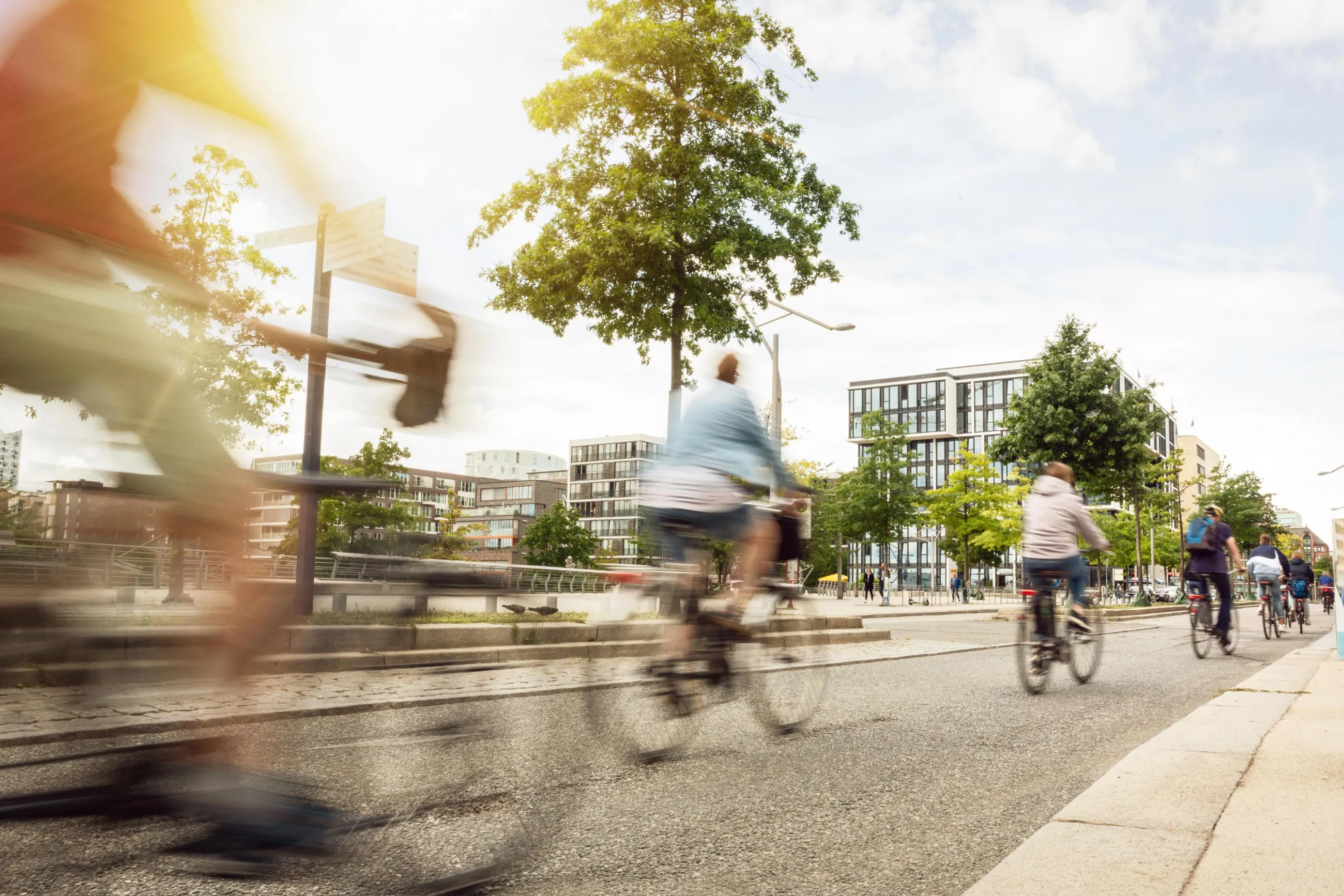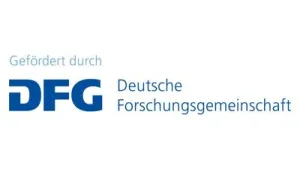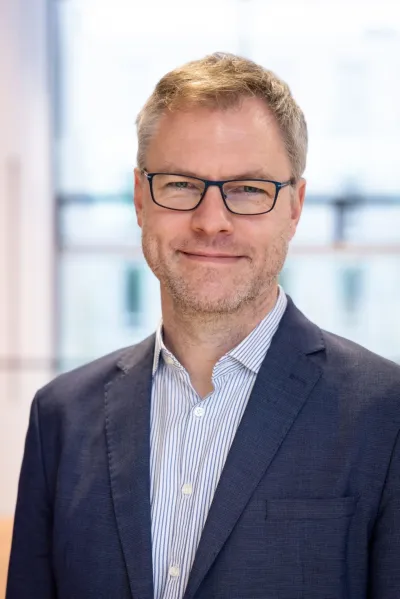SpaceForce: Affective Force Fields in Urban Space
What makes urban places attractive? This question is both scientifically and politically topical in view of urban challenges such as population growth, rising rents and intensified social segregation between more and less attractive city districts.

In this project, we are concerned – contrary to the usual disciplinary perspectives of architecture, urban planning or economics – with the deeper socio-psychological mechanisms that cause the emergence of affective meanings of urban places, which in turn underlie human decisions about place of residence, means of transport, leisure activities etc.
Therefore, we want to combine the expertise of the French project leader on the experimental investigation of affective place-related judgements with the expertise of the German project leader on the simulation-based investigation of affective dynamics of human communication. The goal is a mathematically formalised and experimentally verified theory of how affective processes govern human perceptions, decisions and behaviours in urban space.
Drawing on important theoretical traditions in social psychology and sociology (field theory, consistency theory, social constructivism, affect control theory), we postulate the communicative generation of affective force fields, which in turn condition human behaviour in the city. We will develop a computer model called ACT-space (for: spatially related affect control theory) that makes precise predictions about how people affectively perceive the urban environment and interact with each other there. We will also use innovative virtual reality (VR) technology, in which the second French project partner has extensive expertise, to seek ecological validation of the ACT-space model.
The project includes the following methodological steps:
- Creation of a lexicon of terms describing social interactions in cities and empirical assessments of their affective meanings by French and Germans;
- Use of data from 1. to parameterise a computational model (ACT-space) to predict the probability of specific human-environment interactions;
- Creating simulations with ACT-space to explore cross-cultural differences between French and German urban culture;
- a series of vignette experiments to test semantic predictions of ACT-space;
- a series of visual experiments to test spatial predictions of ACT-space;
- the creation of a visual library of urban identities (avatars) and settings to be used in a VR environment; and
- a series of experiments using VR technology to test behavioural predictions of ACT-space.


